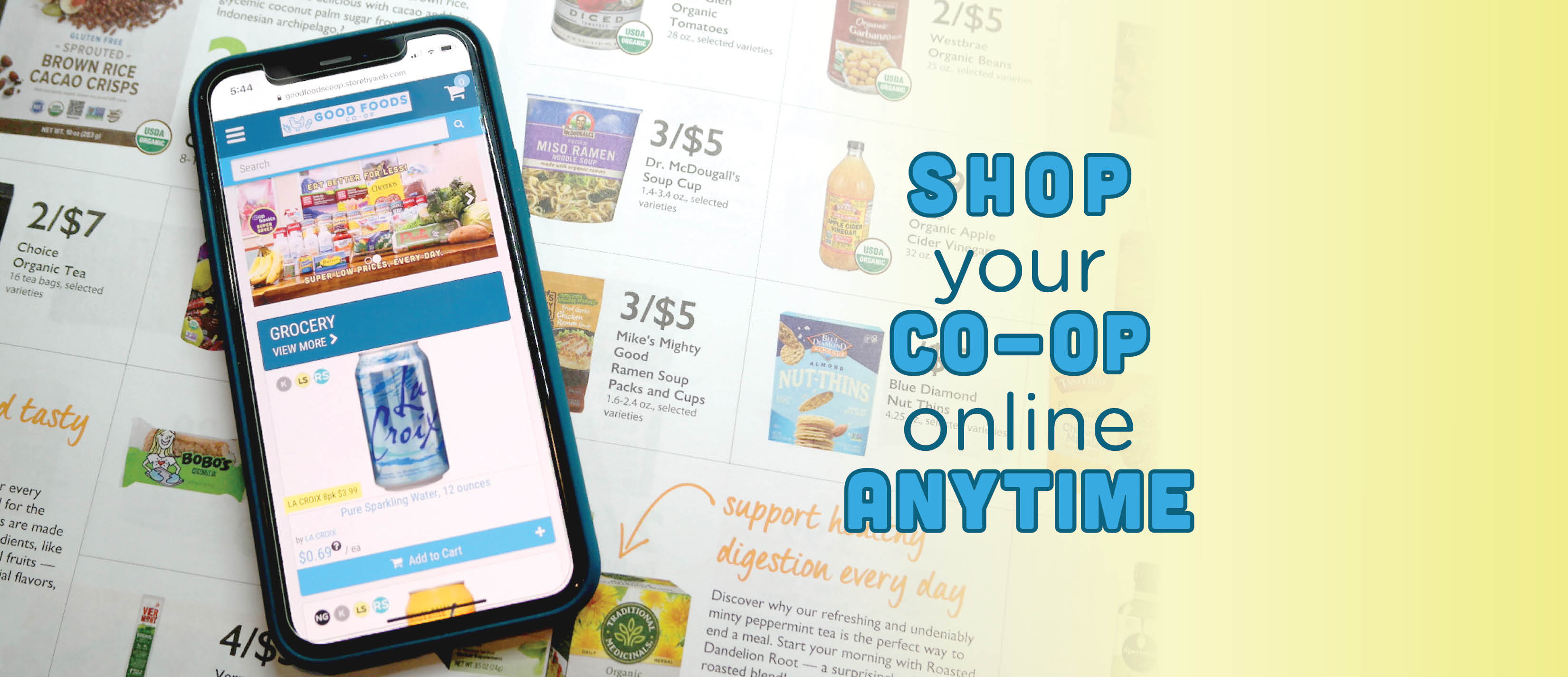When it comes to special diets, veganism inspires many questions: What is it? What can and can’t you eat? Why choose a vegan diet?

Some people go vegan for ethical reasons, some for environmental reasons and some for health reasons, among others. A vegan diet is one that excludes animal products (meat, seafood, eggs, dairy, and sometimes honey). Many vegans choose toiletries and cosmetic products that do not contain animal products and were not tested on animals, and also avoid clothing produced from animals.
Veganism may seem like an easy transition or a radical change, depending on your current diet. But by approaching it as an opportunity to explore new foods and enrich your current recipe repertoire, rather than a restrictive diet, veganism can be a healthy and gratifying lifestyle choice.

I find that summer is the easiest time to transition to plant-based eating as the variety of local, flavor-packed fruits and vegetables is abundant. Not to mention the hot and humid weather makes me gravitate toward lighter meals anyway. Meat and dairy can feel heavy in your stomach on a 90+ degree day.
Fresh fruits and vegetables aside, many people are surprised to discover that there are plenty of vegan foods they enjoy and eat regularly (think breakfast cereals, crackers, peanut butter and jelly sandwiches, pasta, guacamole, bean chili, lentil soup… the list goes on and on). If you’re ready to dig deeper into a vegan diet, here are a few tips:
- Take some time to browse the aisles of Good Foods for vegan alternatives to your standard purchases, like mayonnaise and dressings (hint: they’re usually refrigerated), cereals and chocolate chips. Read labels, which by law must clearly indicate if an item contains milk or egg products. Also look for vegan entrees, snacks, breads, and desserts in our grab & go cooler and bakery cases.

- Check out the world cuisine aisle at the Co-op (aisle 2). Ethnic cuisines are often a good choice for their reliance on plant foods. Good options include Indian curries and dal, Middle Eastern hummus and tabouli, African flat bread and lentils and Thai vegetable curries.
- For inspiration, solid advice and dependable recipes join our Vegan Support Group that meets the second Thursday of each month at 7 pm in our Community Room. They also have a Facebook group you can join. And be sure to check out the many vegan recipes on the Stronger Together website.
- Variety is key. Instead of subsisting on a limited list of vegan staples, choose from a range of fruits, vegetables, whole grains, nuts, seeds, and legumes when you shop at your Co-op. We have many vegans and vegetarians on staff that can help you find great alternatives to your animal-based staples. Take care to incorporate soyfoods and other meat substitutes into your diet for extra protein, and up your intake of calcium, iron, and vitamins B and D by making your menus diverse. If you stick to your vegan diet long-term, make sure you consult with your doctor to be sure you’re getting all the necessary nutrients from your food. Some vegans will supplement their diet with vitamins.
- Don’t be afraid to experiment. You may be surprised at how well your favorite cookie recipe works with an egg substitute, or how many varieties of veggie burgers you can make (or buy – the Beyond Burger is pretty phenomenal).

Many people also think that eating plant-based will cost a fortune. It’s simply not true! If you’d like to learn more tips for eating Vegan while sticking to a budget, sign up for our upcoming class happening July 18. And wherever you are on your plant-based journey, always know your Co-op is here to help and answer questions. Happy eating!
Some content in this article was provided by Co+op, stronger together.
